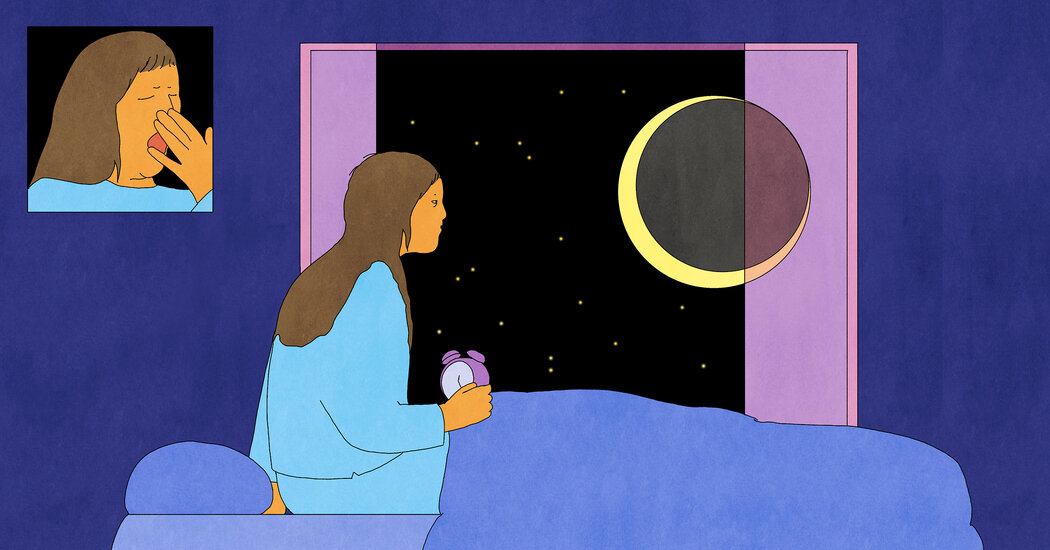The time change can leave you yawning the next day. But for many Americans, sleep deprivation is a year-round problem.
It’s time to change the clocks again, and getting out of bed may feel harder than usual: Research has shown the sudden shift can be disruptive to sleep.
But for many adults in the United States, sleep deprivation is a year-round problem that can affect both their physical and mental health. Research suggests that chronic poor sleep raises your risk of cardiovascular disease, high blood pressure and metabolic issues, and can make you more prone to infections. Some long-term studies have also linked a lack of sleep to depression, anxiety and other mental health disorders. Getting enough sleep, on the other hand, can reduce stress, sharpen attention and even bolster our immune systems.
You don’t need to miss out on a lot of sleep every night to experience negative health effects. If a person is consistently getting even 15 minutes less sleep than they need to function well, experts said, that can be considered sleep deprivation.
How common is sleep deprivation?
Ideally, adults should aim for seven to nine hours of sleep every night, according to the Centers for Disease Control and Prevention.
Yet, about one in three adults in the United States logs less than seven hours of sleep a day. Studies suggest that insufficient sleep has become more common in recent decades, in part because Americans work longer hours and spend more time on blue-light-generating computers and phones that can affect their ability to sleep. Blue light, like the sun’s rays, sets off brain receptors that are designed to keep us awake.
“As we become more and more plugged in, this becomes more and more of an issue,” said Dr. Charlene Gamaldo, a professor of neurology at Johns Hopkins University School of Medicine.
